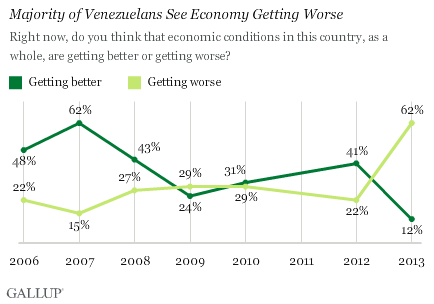This Nicholas Kristof article really made the rounds yesterday on Twitter, where political science professors took exception with an argument that perhaps once was true but now is out of date. Here's the crux:
A basic challenge is that Ph.D. programs have fostered a culture that glorifies arcane unintelligibility while disdaining impact and audience. This culture of exclusivity is then transmitted to the next generation through the publish-or-perish tenure process. Rebels are too often crushed or driven away.
“Many academics frown on public pontificating as a frivolous distraction from real research,” said Will McCants, a Middle East specialist at the Brookings Institution. “This attitude affects tenure decisions. If the sine qua non for academic success is peer-reviewed publications, then academics who ‘waste their time’ writing for the masses will be penalized.”
This just isn't true. Outlets like The Monkey Cage are well respected, and contributors include top scholars of all different generations. Back when I started blogging in 2006, people talked about whether to blog while untenured. Nobody does that anymore.
And
My onetime love, political science, is a particular offender and seems to be trying, in terms of practical impact, to commit suicide.
“Political science Ph.D.’s often aren’t prepared to do real-world analysis,” says Ian Bremmer, a Stanford political science Ph.D. who runs the Eurasia Group, a consulting firm. In the late 1930s and early 1940s, one-fifth of articles in The American Political Science Review focused on policy prescriptions; at last count, the share was down to 0.3 percent.
Oh man, where to start? Political scientists are doing "real-world analysis" all the time. I do it pretty much constantly. I have colleagues in my department who are interested in various kinds of increasingly sophisticated methods yet are involved in a large Defense Department grant to understand the relationship between natural resources and conflict. I could go on and on for my department alone.
Now, maybe they don't phrase their research in terms of "policy prescription," but why should they? The important thing is to give policy makers the analysis they need to make decisions rather than tell them what decisions to make.
Kristof assumes that political science work is disseminated only through academic journals. But believe me, when people get things published, they want to reach as many people as possible, so they are writing op-eds, blogging, tweeting, writing about it on Facebook, giving guest lectures (including to the government in various ways, as I've done), talking to reporters, etc., etc.
Coincidentally, I organized a panel for the Latin American Studies Association on this very topic--the connection between academia and the policy world in the study of U.S.-Latin American relations (where, in fact, policy analysis abounds!). I disagree with Kristof's assessment, but the topic is a worthy one.
Read more...




